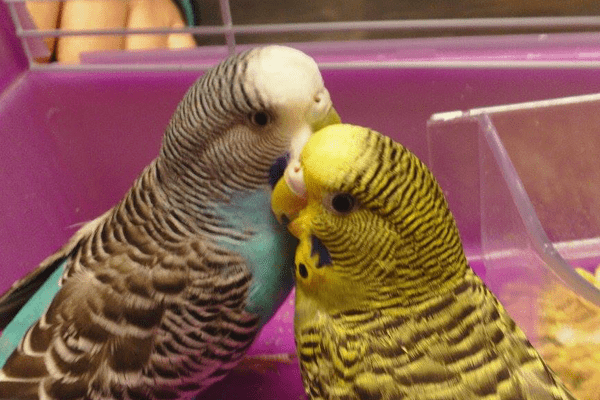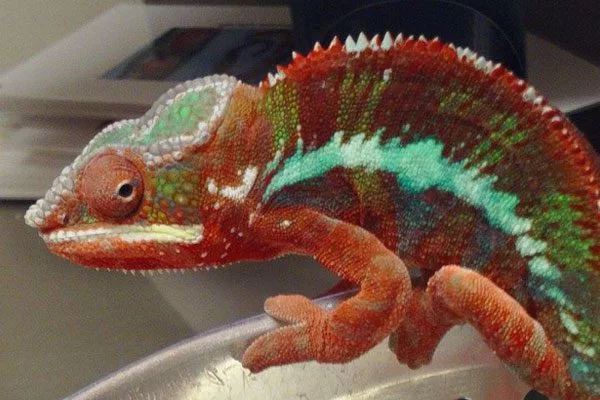Bird & Exotic Pet Surgery and Hospitalization in Westchester County, NY
At the Veterinary Center, our services are not limited to preventative medical care for healthy birds and exotic pets. We also provide surgery for birds and exotic pets in addition to our other services, as well as detailed diagnostic testing for our patients, including blood testing, stool analysis for parasites, digital x-rays, endoscopy, echocardiography, electrocardiography, and ultrasonography.
We have a full-service laboratory right in the hospital containing blood testing machines designed to test samples from even our smallest exotic patients and to provide results in a matter of minutes. We also have a microscope for stool, urine, and body tissue analysis, as well as a machine that measures blood lead levels. For tests not performed at the Veterinary Center, we have access to several outside laboratories that offer specialized testing for diseases unique to our exotic patients, such as hormone level determination for ferrets with adrenal disease and insulinoma tumors, psittacosis testing in birds, proventricular dilatation disease (PDD) testing for birds, Encephilitizoon cuniculi parasite testing for rabbits, adenovirus (atadenovirus) testing in bearded dragons, and internal parasite testing for reptiles and amphibians (frogs and toads). Samples for outside laboratories are picked up by carriers twice a day from the Center, so results even from these laboratories come back promptly.
or give us a call at (914) 864-1414




Bird & Exotic Pet Hospitalization
Whether your bird or exotic pet is admitted to the hospital for illness or for a surgical procedure, the Veterinary Center offers full hospitalization, housing all sick patients comfortably in the hospital in specialized cages designed for exotic species that provide oxygen, heat, intravenous fluids, and nebulized (vaporized) medication, if necessary. These cages are specially designed for exotic species to be escape-proof and fully visible to the vets and staff throughout the day. All patients with contagious disease are hospitalized in a separate isolation area, with its own air duct system, to minimize spread of infection. The ventilation system also has been fitted with a special ultraviolet filter to eliminate airborne pathogens.
At night, after the hospital closes, Dr. Hess is able to see all pets in the hospital from her home via closed circuit Internet cameras; critically ill patients who must be monitored more closely after hours are transported less than half a mile away to the local 24-hour emergency center where the Veterinary Center’s vets are still able to dictate their care. They are then returned to the Veterinary Center the next day. At the Veterinary Center, we aim to make your exotic pet’s hospital stay with us as comfortable, safe, and as short as possible, so that we can send your pet back home to you as soon as possible. Call our vets at (914) 864-1414 to learn more.

